Search
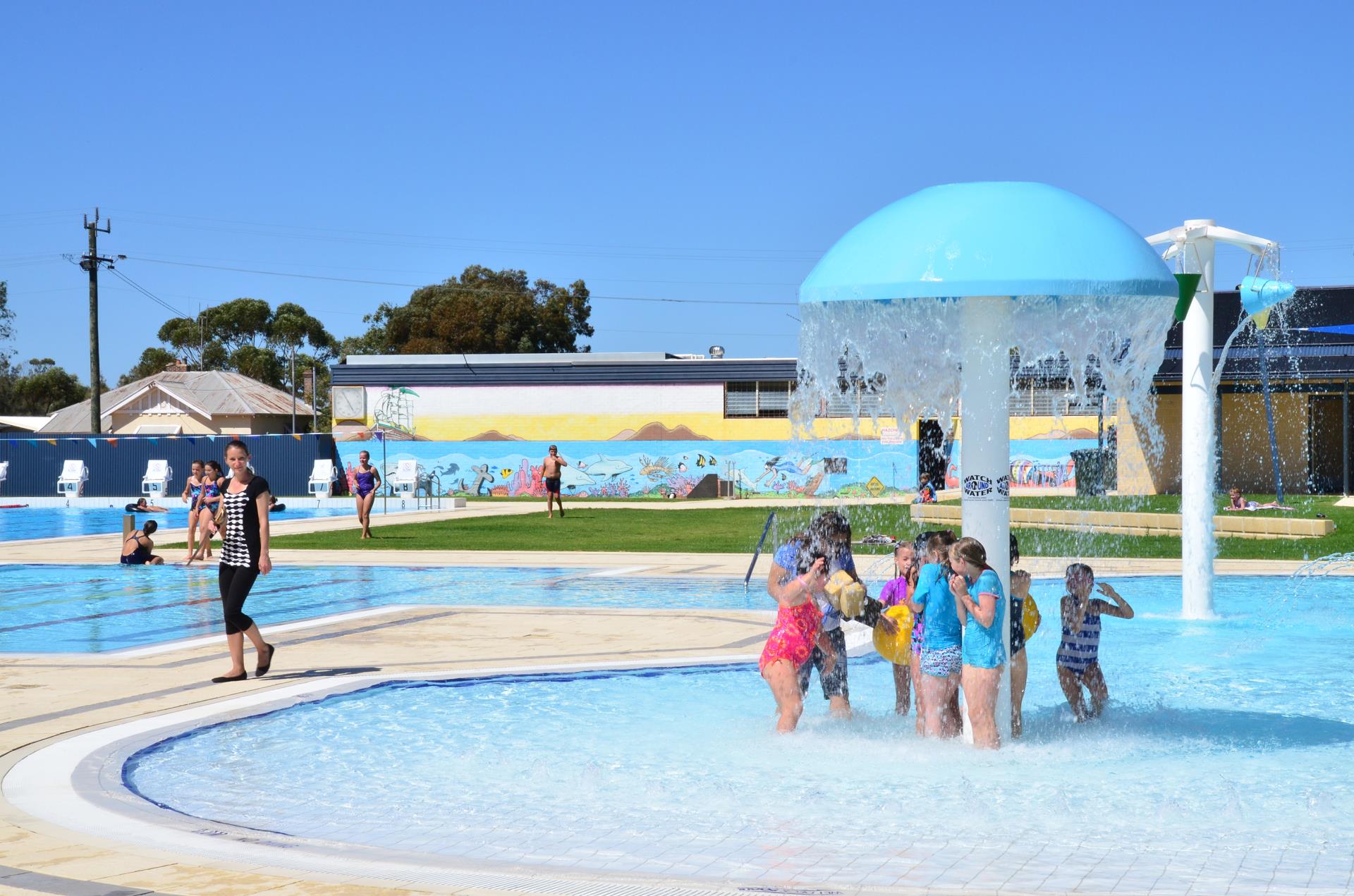
News & Events
Great Southern to benefit from 10 year Early Years InitiativeNew ways to deliver more effective, evidenced-informed child development services will be forged through an innovative community partnership in the Central Great Southern.
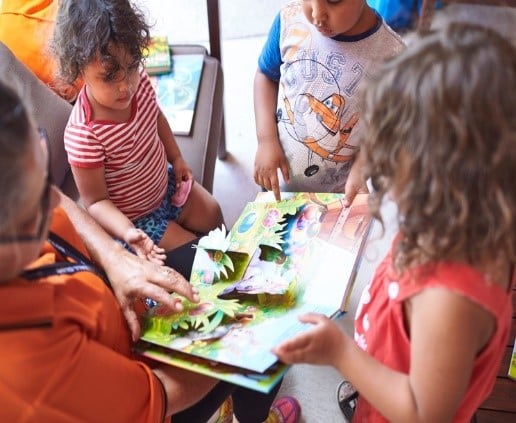
News & Events
New report to shape early years services in MidlandA new report on families with 0-4 year olds in the Midland area aims to help shape development of the sector and ensure parents are better placed to access support in their efforts to ensure the healthy development of their babies and toddlers.

News & Events
Improving development and learning of children in Western AustraliaDiscover the EYI Research Profile at The Kids' Institute, showcasing innovative child health research and its impact on young lives.
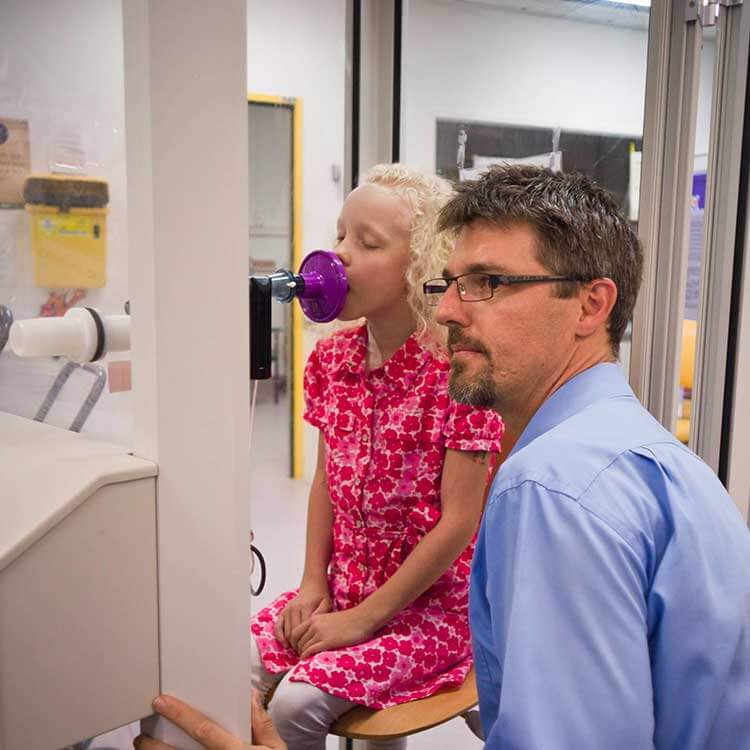
News & Events
Lung problems continue into childhood for premmie babiesNew research from Perth’s The Kids Research Institute Australia shows that babies born premature continue to have lung problems well into childhood.

News & Events
Register for the 2017 Annual Community Lecture: David Bloom on Child Health and the Wealth of Nations (Nov 1)Register now to attend this compelling talk at the Heath Ledger Theatre in Perth on the evening of Wednesday, November 1 2017.
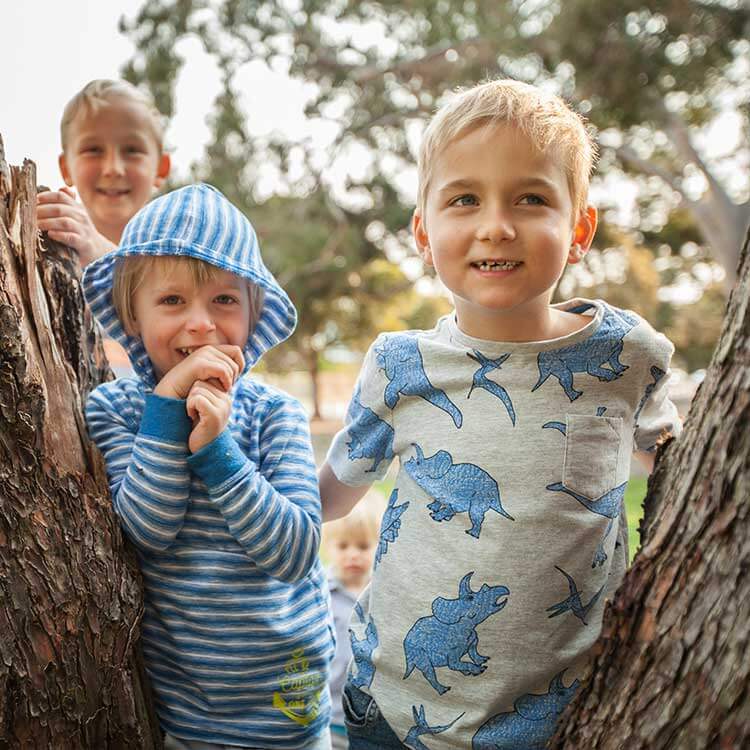
News & Events
Aussie kids using strengths to overcome hurdlesThe Multiple Strength Indicator is a strength based measure that provides information on children’s developmental strengths as they commence full-time school.
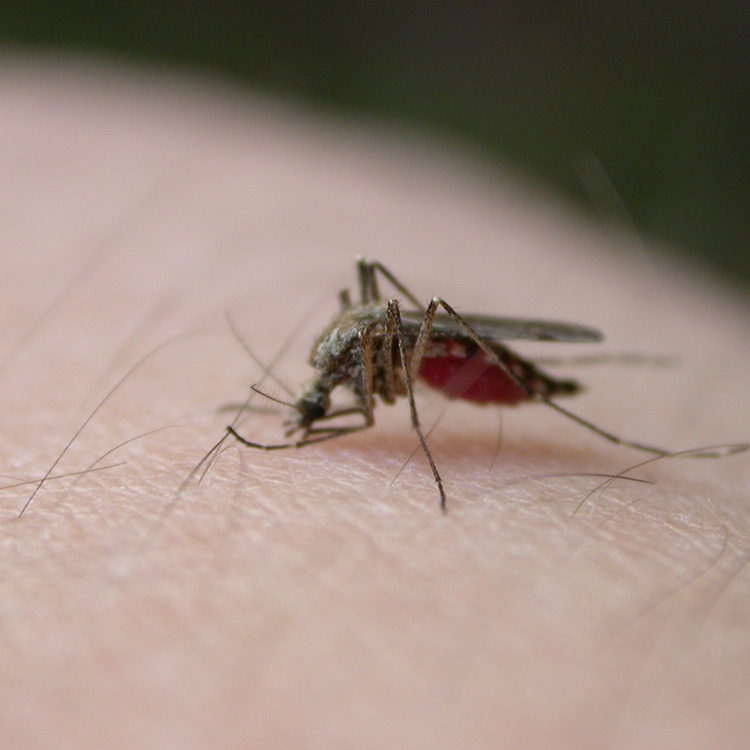
News & Events
Zika threat leads to Australian-first microcephaly studyWA Researchers have conducted an Australian-first study to determine the prevalence of microcephaly, in preparation of any future outbreak of the Zika virus.
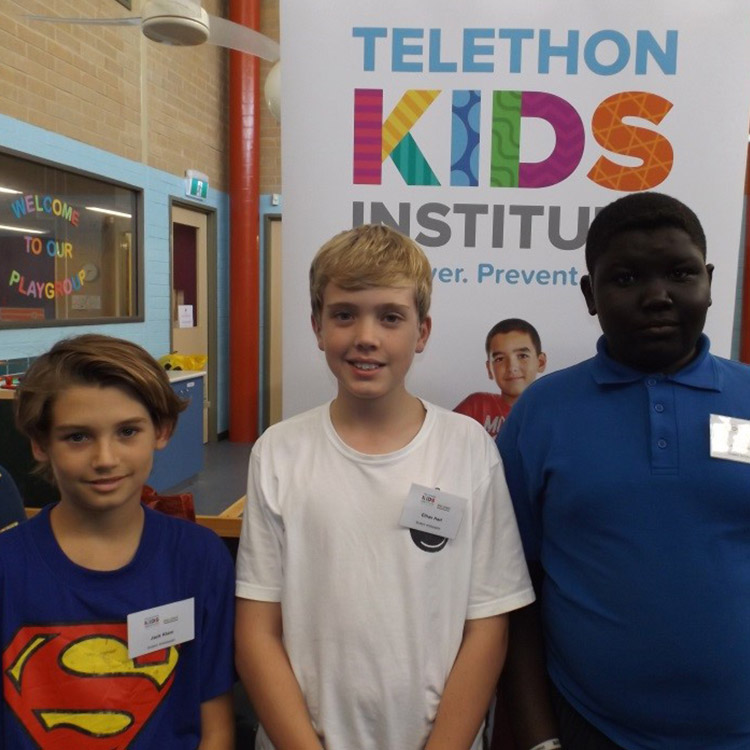
News & Events
Project helps Ethan belongEthan recently took part in Belong, a study led by The Kids which aims to ensure deaf and hard of hearing kids have a happy & positive school experience
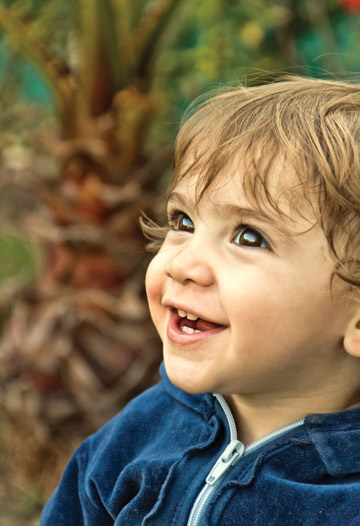
News & Events
Novel CoLab seeks to narrow the early childhood gapA new partnership between The Kids and the Minderoo Foundation is trying to change the ways Government and communities address disadvantage and neglect.

News & Events
New collaboration to boost kids early childhood development outcomes across AustraliaA new collaboration has been launched to fast track research into action to improve outcomes in the crucial early years of child development and learning.
